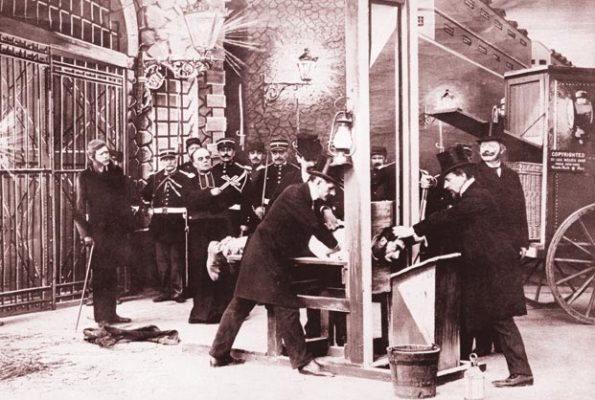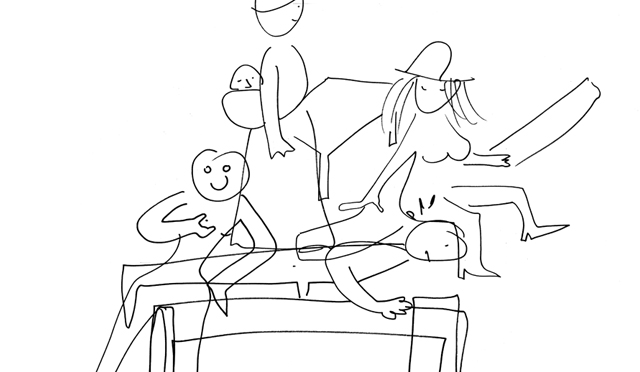Search
To search for an exact match, type the word or phrase you want in quotation marks.
A*DESK has been offering since 2002 contents about criticism and contemporary art. A*DESK has become consolidated thanks to all those who have believed in the project, all those who have followed us, debating, participating and collaborating. Many people have collaborated with A*DESK, and continue to do so. Their efforts, knowledge and belief in the project are what make it grow internationally. At A*DESK we have also generated work for over one hundred professionals in culture, from small collaborations with reviews and classes, to more prolonged and intense collaborations.
At A*DESK we believe in the need for free and universal access to culture and knowledge. We want to carry on being independent, remaining open to more ideas and opinions. If you believe in A*DESK, we need your backing to be able to continue. You can now participate in the project by supporting it. You can choose how much you want to contribute to the project.
You can decide how much you want to bring to the project.

In Barcelona it’s a time of change. Everything indicates that Josep Ramoneda, director of the CCCB, will soon have to abandon his post of the last seventeen years. Months of rumours, and the testing of waters, insinuating the fusion of MACBA and CCCB, two institutions that are physically side by side but worlds apart in how they function and their objectives. For the moment, there is no talk of a tender or anything being called. Virreina Centre de la Imatge remains without a director since Carles Guerra moved on to become Chief Curator at MACBA, leaving the centre with the programme scheduled until 2013. Moritz Küng is still director of the Canòdrom, a publicly owned art centre in Barcelona that has never existed even though an international competition was held for its director. Canòdrom, yes – Canòdrom, no. In the most pure Hamletian style, on the behalf of the public organisms that govern them, it now seems that Canòdrom, yes. For the time being. A few kilometres away, Rosa Pera directs Bòlit, another art centre without a physical location but which was defined as a “real” centre, with an architectural project and various floors to fill.
Spaces without direction and directors without spaces. The situation could be interesting if it had been sought after, if it served to propose new ideas about what an institution is. At least Bòlit programmes, Canòdrom had -supposedly- another space like La Capella within its organigram, but nobody knows what’s going to happen to this project. What if we turn everything on its head? What if we think that it is fantastic to live amidst so much institutional anomaly? What if we think of them as interesting experiments exploring the limits of the institutionalisation of art? Although, the truth is, everything indicates that these are not the intentions and that what rules directly is an involuntary chaos.
In this issue of A*Magazine we present three new critical texts. Xavier Acarín takes a look at the project for useful art by Tania Bruguera in Queens, Verónica Escobar Monsalve analyses an exhibition in the CCCB and Imma Prieto another in MACBA. Two in institutions, and one that distances itself from them.

A*DESK is a critical platform focused on publishing, training, experimentation, communication and dissemination in relation to contemporary culture and art, which is defined by transversality. The starting point is contemporary art, because that is where we come from and this awareness allows us to go much further, to incorporate other disciplines and forms of thought in order debate issues that are relevant and urgent for understanding our present.
"A desk is a dangerous place from which to watch the world" (John Le Carré)